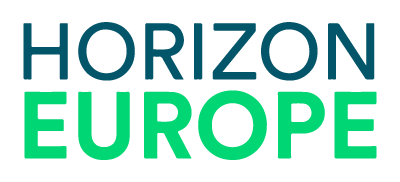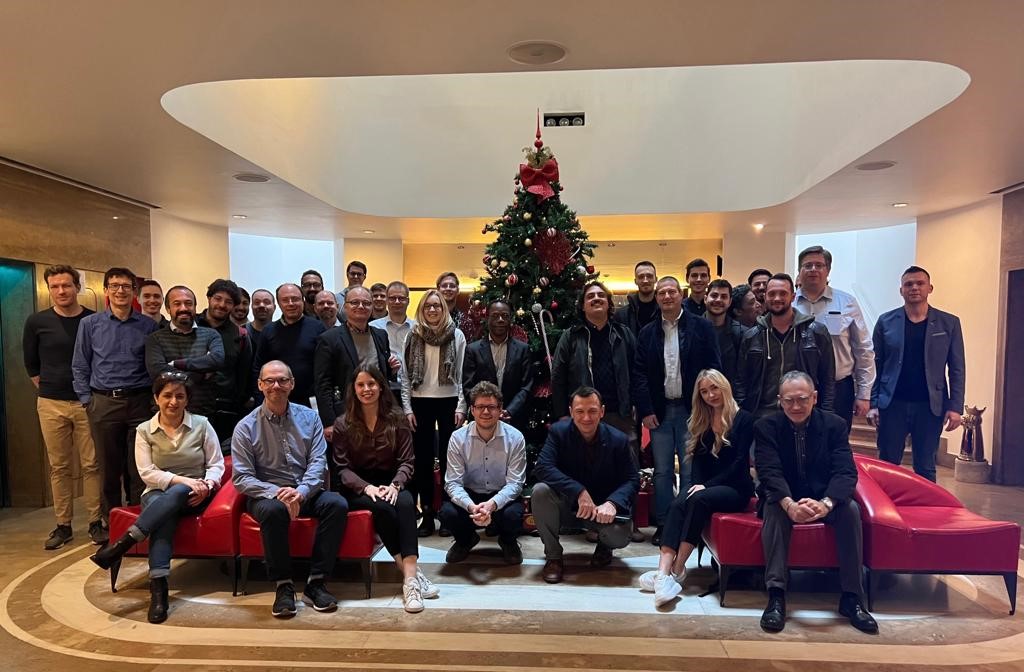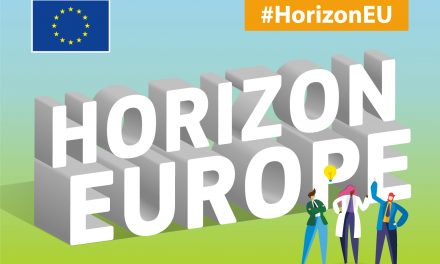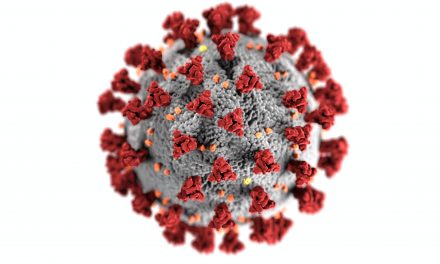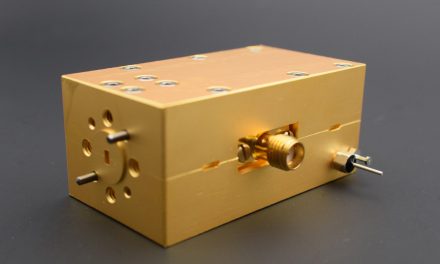The Internet of Things (IoT) is transforming the way we live and work, featuring in more and more everyday activities from smart home heating to fitness tracking.
But like all technology, its benefits can be offset by its vulnerability to attack. Building trust and security in the IoT space is the aim of two recent European Union Horizon 2020-funded projects, SCOTT and InSecTT.
“Creating trust in wireless solutions and increasing their social acceptance is … one of the major challenges to bring out the full potential of the Internet of Things,” according to the SCOTT project overview.
Adding AI to the mix
The SCOTT (Secure Connected Trustable Things) project, ran from 2017 to 2020 and set out to enhance the security, privacy and safety of the technologies underlying IoT for the benefit of European industry, SMEs and start-ups.
To do this, it brought together partners from various industrial domains, such as building, aeronautics, rail, and healthcare. They collaborated to develop trustable things that could communicate securely, says Dr Bernd-Ludwig Wenning, a research fellow at the NIMBUS Centre at Munster Technological University (MTU), one of the partners in the project.
The InSecTT (Intelligent Secure Trustable Things) project succeeded SCOTT, running from 2020 to 2023. It aims to build on the outcomes of SCOTT by adding artificial intelligence (AI) to the mix, focusing again on industry-driven use cases.
Large-scale projects
Leading Austrian R&D centre, Virtual Vehicle, coordinated both projects, which are large in scale. SCOTT had 57 partners from 11 European countries plus Brazil while InSecTT has 54 partners from 12 EU countries and Turkey.
The projects were funded through the ECSEL Joint Undertaking, part of Horizon 2020. This saw some of the money coming from the European Commission with the remainder coming from national funding bodies.
SCOTT had an overall budget of around €39 million, with an EU contribution of around €10 million. Its four Irish partners, which included Dublin-based communications technology company Klas as well as MTU, received €490,000.
Meanwhile, InSecTT has a budget of around €44 million, of which €11 million comes from the EU, with €435,000 going to the Irish partners.
Rail use case
In both projects, MTU and Klas were involved in rail-related use cases, led by Spanish IT firm Indra, to increase safety and efficiency in rail and urban traffic.
Their work focused on remote monitoring and maintenance as well as traffic management, all of which require reliable network connections, a challenge when trains are on the move.
Cellular 4G and 5G connections were used to allow trains to provide real-time information, such as their location and status, to cloud-based traffic management.
“One of the research challenges here was to continuously assess the available connections and select the best available option to maintain the train-to-cloud connection according to the requirements,” Wenning says. “Klas provided the hardware platform TRX R6, and MTU developed AI methods to assess the connections and switch between them so that reliable train-to-cloud connections could be maintained.”
He adds that on MTU’s side, the algorithm development led to a number of inventions, one of which was subsequently filed as a patent application.
Importance of networking
To anyone thinking of applying for Horizon Europe funding, MTU’s Wenning recommends creating a network early. “If you have contacts with companies around Europe, reach out to them. Try to find common interests and see whether you can jointly push on to join a project or to create a project.”
He notes that MTU was invited into the SCOTT consortium by European partners on the back of an earlier successful project, illustrating the power of networking at a European level. “Apparently we made a good impression in that previous project so they invited us again,” he says.
He recommends attending networking events such as those organised by the European Commission, which he describes as “very helpful”.
EI as matchmaker
Wenning availed of Enterprise Ireland support on both projects. With SCOTT, he received a travel grant to attend a preparatory meeting that took place in Vienna.
He also got in touch with his Enterprise Ireland National Contact Point (NCP) when he was looking for an industry partner to bring into the consortium. “It was the NCP who brought MTU and Klas together initially, when we were looking for an Irish partner for SCOTT, after we got invited into the consortium by other European partners.”
He describes MTU’s collaboration with Klas as “very good”, providing access to prototype hardware that is still under development but “was very valuable to the project”.
Wenning also notes that Enterprise Ireland’s NCP for the ECSEL programme was “very supportive” during the proposal preparation as well as project execution stages of both projects.
If you would like advice about accessing Horizon Europe support or further details, please contact horizonsupport@enterprise-ireland.com or visit www.horizoneurope.ie
